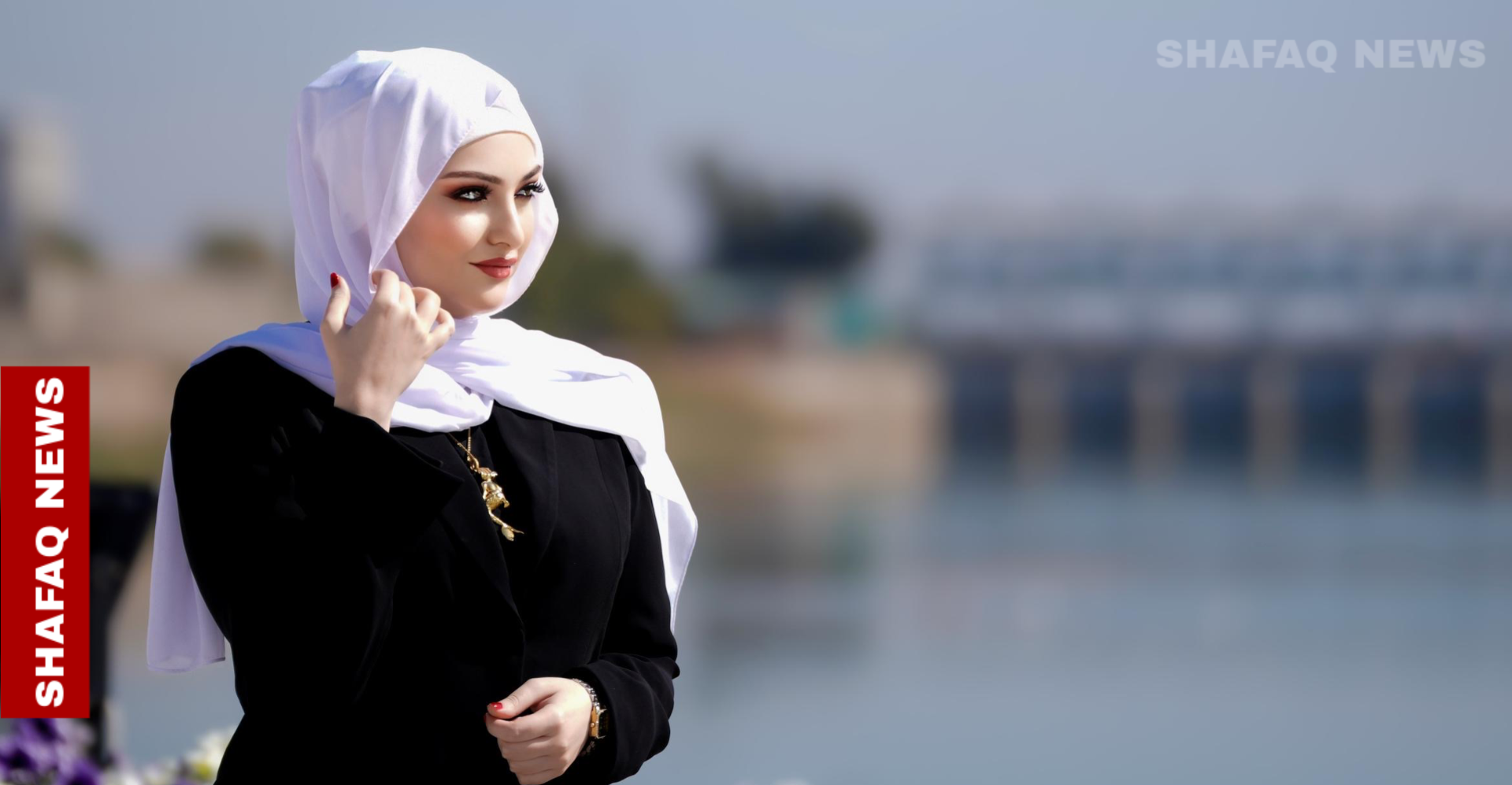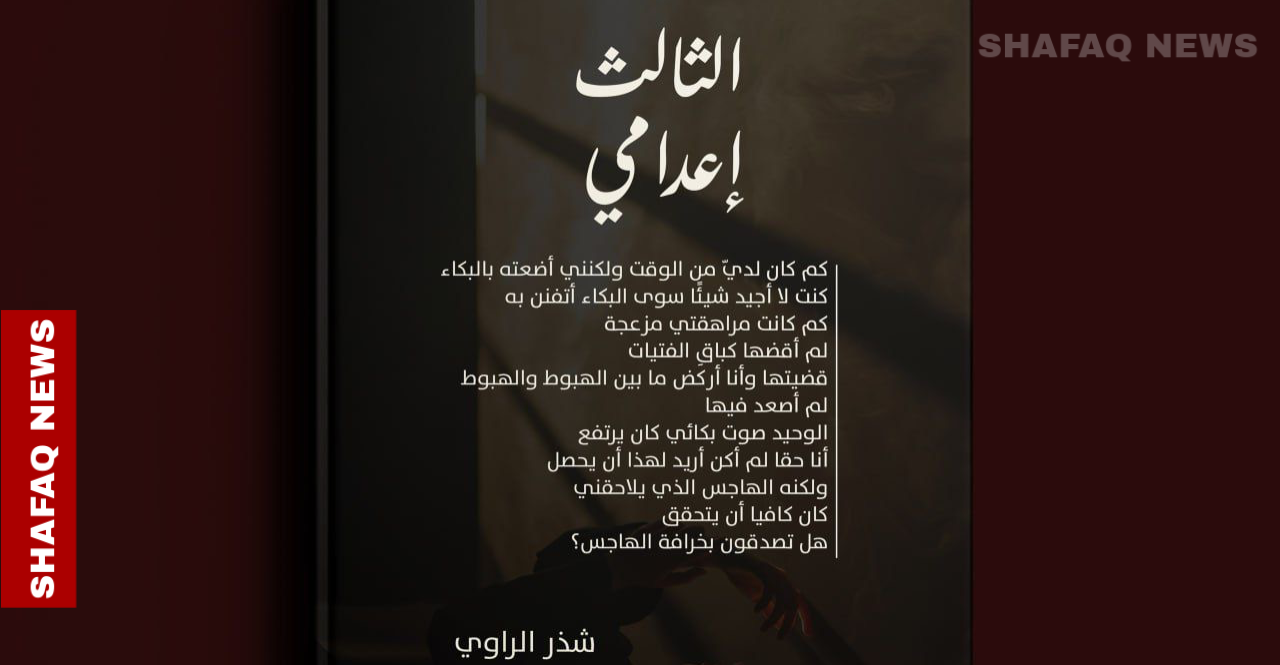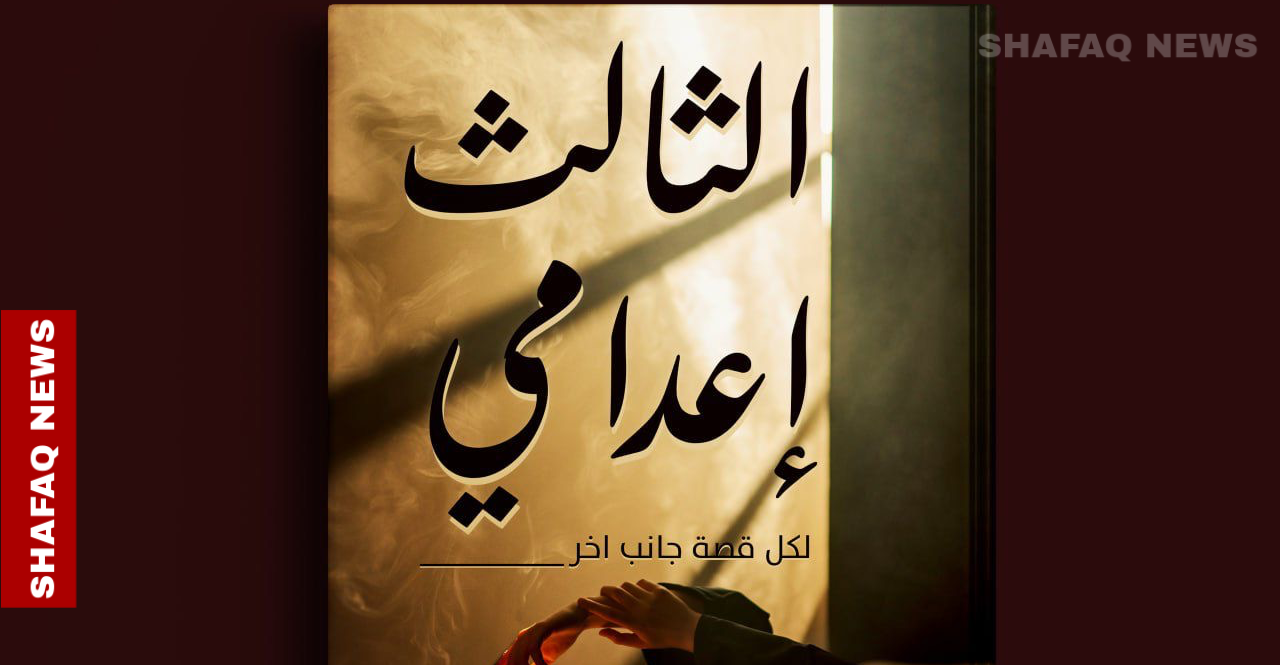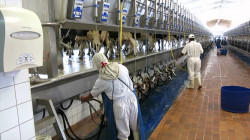Building from within: How one Iraqi woman is reshaping al-Anbar

Shafaq News/ From al-Anbar, an Iraqi province long marked by war and neglect, Shather al-Rawi works quietly to reshape her community from within, without banners or grand declarations. Instead of projecting ideology, she builds spaces, initiatives, and narratives that reflect the local texture, resisting labels that don’t quite fit.
Though often described as a feminist, al-Rawi rarely embraces the term herself. To her, it feels misaligned with the specific needs and cultural tone of her society.
“If I had the choice, I would select a term closer to our culture—one that protects the dignity of women without diluting the message,” she explained in a conversation with Shafaq News. For al-Rawi, “feminism” carries burdens—often misunderstood, fragmented, and politicized.
Rather than aligning with high-profile campaigns, she focuses on the quiet spaces of al-Anbar’s towns, villages, and institutions, where women play complex and sometimes contradictory roles. Her subjects are neither victims nor heroes but individuals living through contradictions. “Conflict does not assign fixed roles,” she observed. “Women are not symbols—they require real tools: legal, economic, and social support to navigate.”
Al-Rawi’s attention remains local, but her ambition is structural. Initiatives such as the al-Anbariyah network and the first women-led library in Rawah district reflect her belief that culture is not an elite luxury but a fundamental foundation for rebuilding. “We do not work so we can write. We write so we can act, and make culture something that serves life, not something frozen on display.”
This philosophy shapes her refusal to speak for others. “Every woman here carries her own story. Reducing them to one voice—even a loud one—is unfair.” She avoids positioning herself as a hero, insisting that representation must be built, not claimed.
For al-Rawi, simply existing as a woman in al-Anbar is a statement in itself. “I never considered the ceiling of freedom high enough to collapse. It was always low.” Rather than confront power directly, she relies on awareness, timing, and a deep understanding of local realities—not aiming to break walls, but to move skillfully within them.
Her independence benefits from the absence of political or foreign affiliations. Operating without donor funding or ideological obligations, she credits the head of al-Anbar’s Provincial Council for his support, which includes more than verbal encouragement, providing space, authority, and decisions that allow her initiatives to operate freely.
This autonomy extends into her literary work. The Third Was My Execution, perhaps her most personal book, took six years to publish. It recalls her teenage years in Rawah during the town’s fall to ISIS, blending bitterness with dark humor drawn from lived experience rather than abstract reflection. Earlier works such as Vein Courier and Silk Throne capture other moments, each written as life demanded rather than planned.
Her publishing house, Dar al-Shather, embodies her vision of decentralization. It offers a platform for voices, particularly women’s voices, outside Baghdad’s literary centers. “It is more than a publishing house. It redefines the relationship between authors and their surroundings, allowing them to build rather than simply ask.”
Looking ahead, al-Rawi intends to expand al-Anbariyah’s initiatives, viewing writing not merely as an end but as a catalyst for change, seeking to render culture both meaningful and functional in everyday life, rather than solely decorative.











